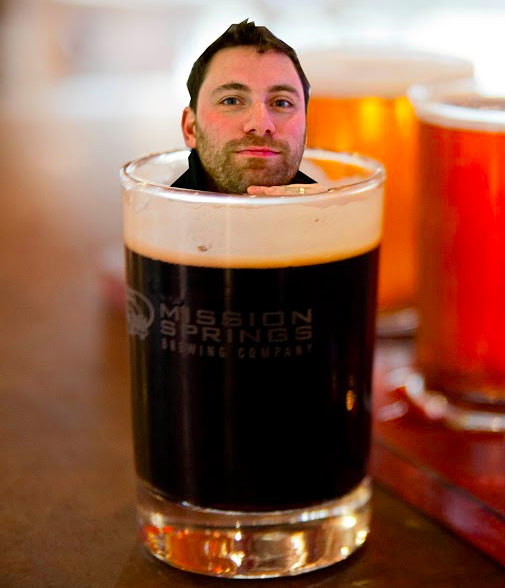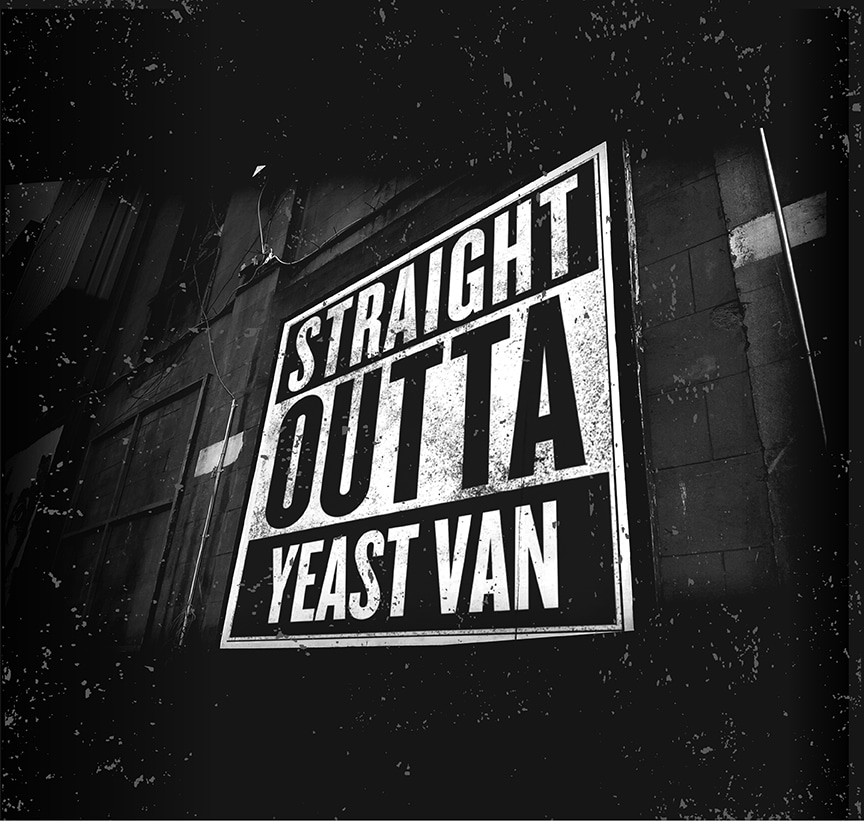
I’m writing this on Election Day, which makes it difficult to give a hoot about beer when the future of the country is currently being decided. You’ll of course be reading this on the other end of that decision, either rejoicing and maybe a little misty-eyed about the results, or sulking over a pint of some high ABV brew, muttering the slogan “It’s only four years” to whoever will listen.
So I beg the question: What will these election results mean for craft beer?
No, I’m actually asking you. I have literally no idea. I know that the campaign has tarnished the already, ahem, pristine reputation of the Red Truck Beer Company, which, you’ve probably heard by now, welcomed a Conservative Party campaign visit on Oct. 8. The news leaked via Twitter later that night, and the next day Twitter users lambasted the brewery and threatened to boycott Red Truck for supporting Harper.
Red Truck’s general manager Jim Dodds said the company merely rented the brewery’s space out to a paying customer (the brewery has a boardroom available for rent for anyone). He also said this was a plum opportunity for him to discuss the BC craft beer industry in person with the Prime Minister. This is completely understandable – any pragmatic businessman would have done this, regardless of who they support.
But the decision to do so, and the way Red Truck handled themselves afterward, shows an evident lack of understanding about the consumer base where the brewery is located, and the craft beer consumer in general. Craft beer fans are East Van oriented, if not geographically, than certainly in spirit. East Van is an NDP stronghold – what did they think would happen?
Then again, whoever’s boycotting Red Truck beer because of this should really just calm down. Would they’ve scorned the brewery if Mulcair or even Trudeau showed up (which, according to Dodds, was supposed to happen last week, but didn’t)? Will there be a similar backlash against Steel Toad for hosting the Liberal’s post-election party?
No, I’m asking you. I actually don’t know.
But anyway, the whole thing will blow over and Red Truck will carry on positioning itself as some kind of West Coast version of Mill Street Brewing.
Oh yeah, did you hear about Mill Street? Of course you did. Craft beer’s Weird Era continues unabated, with Labatt purchasing the Toronto craft brewery for an undisclosed amount. This shouldn’t be a surprise to anyone who’s been paying attention. Michael Duggan, Mill Street co-founder and owner of Duggan’s Brewery, told the Toronto Star that the purchase was bound to happen, as Mill Street had reached a size “that made selling out inevitable.” Duggan left the brewery in 2007 after Mill Street brought in new investors that “valued profits over craft.”
Which everyone assumes will guessing will continue to be the case as Mill Street settles into life as a corporate institution. What will this look like? I’m asking you.
It’ll be interesting, now that SABMiller has accepted Anheuser-Busch InBev’s offer to take it over (Labbatt is owned by AB InBev, making Mill Street part of this extended family). This will result in the largest beer company in the world, controlling over 30 per cent of the global beer market.
This is AB InBev’s strategy to brace for the new reality in the beer industry, one where growth is in decline, profit margins are small and there’s more competition than ever. As smaller breweries continue to erode their market share, Big Beer has decided to merge, consolidate and attempt to conquer.
Will it work? Well, the merger is big enough that the US competition authorities will likely scrutinize the deal, since this will likely result in fewer choices for consumers (and, if history’s any indicator, higher prices). Numerous several media outlets have reported the likelihood that the mega brewer will dispose of their Miller brands.
The merge is also a clear attempt by AB InBev to stymy the growth of craft beer. As the New York Times points out, past beer mergers have been accompanied by beer wholesaler mergers. This means the new AB InBev will have a tighter grip on distribution, especially in the US, and have the ability to squeeze out smaller brewers who find it difficult to expand because these wholesalers cater to Big Beer.
At the same time, this deal ensures is that the mega brewer will have more piss beer in its portfolio than anyone on the planet. And consumer demand for piss beer has been in decline globally for several years now, even as demand for craft beer grows every year. With more variety – and more quality, tastier options – North American consumers that are aware of their options are bailing on macro beer for good.
All of which means that the macros will likely continue to buy up willing craft breweries while the beer revolution soldiers on. The macro brands will continue to shape shift through mergers and acquisitions to grow market share, which will mean what we refer to as “macro” beer will actually be really good beer. The “craft” movement will integrate into the mainstream, as all successful counterculture movements do, and everything will be right in the world.
Right? Right? I’m asking you.





